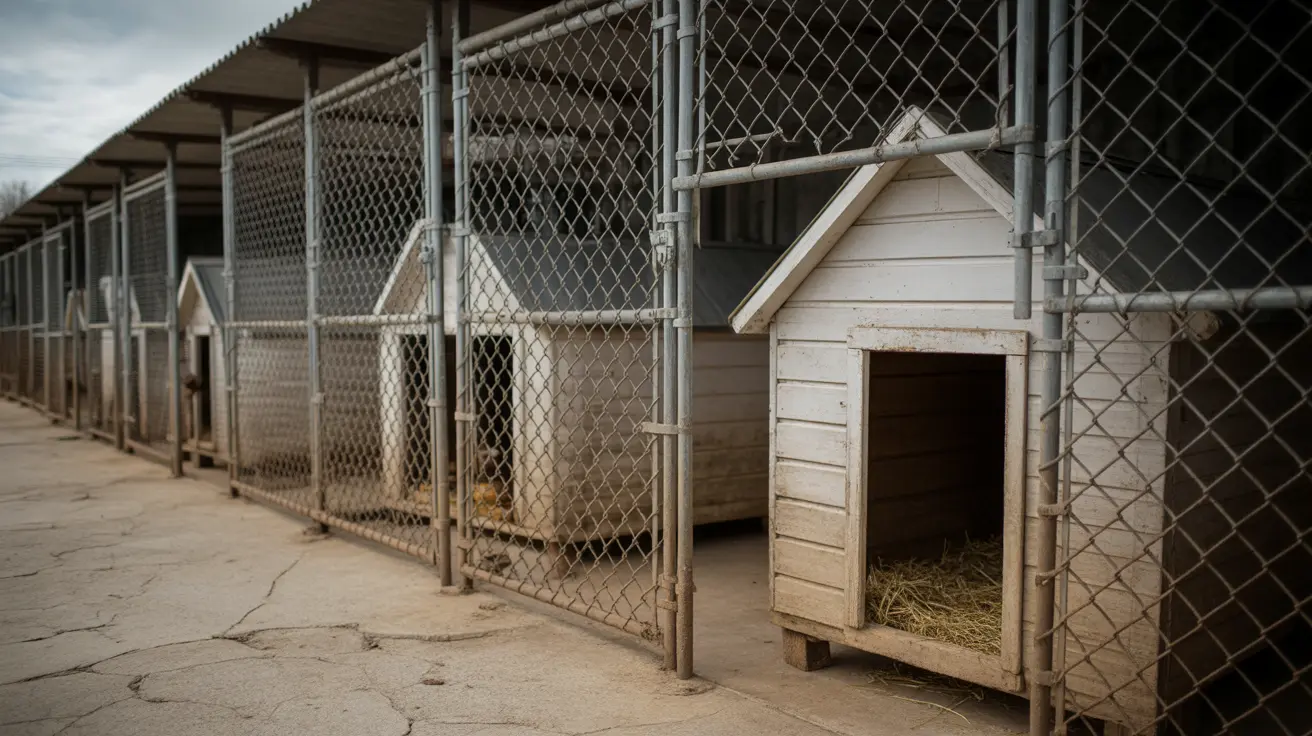Safe Vegetables for Cats: What You Need to Know
While cats are obligate carnivores and primarily require a meat-based diet, some vegetables can be incorporated into their diet in moderation. These vegetables can add variety to a cat’s meals and provide minor nutritional benefits, but they should never replace high-quality animal protein as the foundation of a cat’s nutrition.
Why Cats Can Eat Some Vegetables
Cats might not require vegetables to thrive, but they can tolerate small amounts of certain types when properly prepared. Vegetables can offer small doses of fiber, antioxidants, and vitamins, potentially aiding digestion and immune support. However, cats cannot digest plant matter as efficiently as humans or even dogs, so moderation is key.
Safe Vegetables for Cats
The following vegetables are considered safe for cats when cooked and served without spices or oils:
- Broccoli: Rich in fiber and vitamins A, C, and K. Offer steamed or boiled in small portions.
- Carrots: A good source of beta-carotene and fiber. Must be cooked until soft and finely chopped.
- Green Beans: Offer nutrients like vitamin C and fiber. Serve steamed, chopped, and plain.
- Peas: Often found in commercial cat foods. Offer cooked and mashed in limited quantities.
- Sweet Potatoes: A great source of fiber and vitamin A. Always serve cooked, peeled, and mashed to prevent choking.
- Pumpkin: Known to aid digestion and help with constipation. Use plain canned or cooked fresh pumpkin.
- Spinach: Rich in iron and vitamins, but should only be given in very small portions due to its oxalate content, which may contribute to kidney issues.
How to Offer Vegetables to Your Cat
- Always cook vegetables by steaming or boiling; raw vegetables are harder for cats to digest.
- Serve plain, with no butter, salt, sauce, garlic, or onions.
- Chop vegetables into very small pieces to avoid choking hazards.
- Limit to treat status, no more than 10% of the cat's daily calorie intake.
- Start with a pea-sized amount and monitor for any digestive issues or allergies.
Vegetables Cats Should Never Eat
Some vegetables and related foods are toxic to cats and should be strictly avoided:
- Onions, Garlic, Chives, Leeks, Shallots: All members of the allium family can damage red blood cells and cause anemia.
- Avocado: Contains persin, which may lead to gastrointestinal upset and pancreatitis.
- Tomato stems, leaves, and unripe tomatoes: Contain solanine, which is toxic to cats.
- Grapes and Raisins: While not veggies, they are often confused as such and can cause kidney failure.
Can Cats Eat Fruits Too?
Although not part of the question, pet owners often ask about fruits. Some safe fruits (in tiny amounts) include:
- Blueberries
- Bananas
- Apples (seedless)
- Watermelon (seedless)
- Cantaloupe
- Strawberries
Fruits are high in sugar and should be offered minimally.
Special Considerations
- Cats with existing thyroid problems should avoid vegetables like broccoli that contain goitrogens.
- If your cat has digestive disorders, food sensitivities, or inflammatory bowel disease, consult your vet before introducing any human foods.
- Too much of even safe vegetables may lead to vomiting, diarrhea, gas, or stomach discomfort.
Final Tips
- Introduce new vegetables slowly and one at a time.
- Use vegetables as occasional treats or toppers to your cat’s regular food.
- Always opt for nutritionally complete cat food as the primary diet.
- Never give seasoned, raw, or canned vegetables that include sauces or high sodium.
By understanding which vegetables are safe and how to prepare them properly, you can offer occasional healthy variety to your cat's diet—while making sure their primary needs for animal protein are always met.





